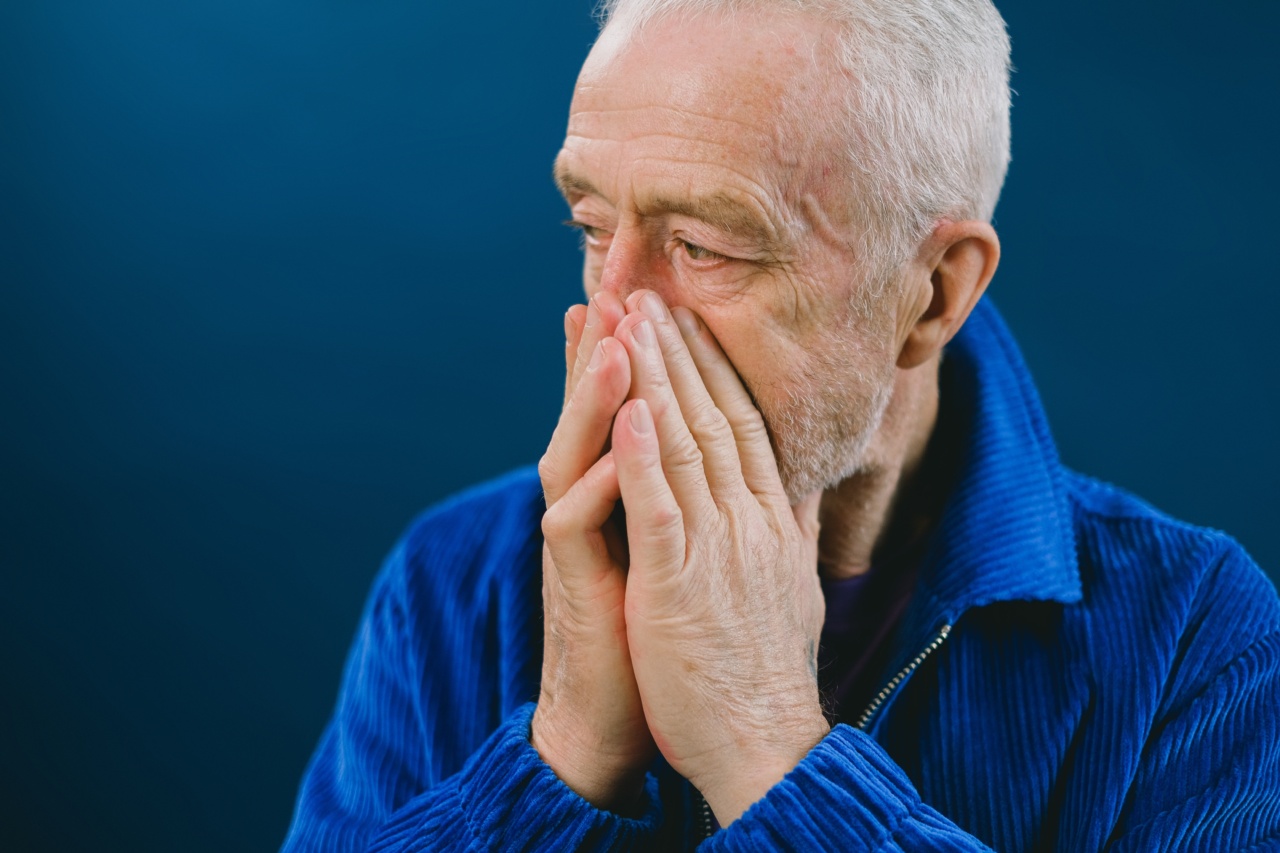Sexual experiences and relationships are an integral part of human life and development. However, the age at which individuals have their first sexual experience can vary widely.
In the past, it was commonly believed that people would typically have their first sexual experience in their late teenage years. However, recent research has shown that the age of first sexual experience has been shifting, with some surprising trends emerging.
Factors Influencing the Age of First Sexual Experience
Several factors contribute to the age at which individuals have their first sexual experience. These factors can be broadly classified into societal, cultural, and personal influences.
Societal and Cultural Influences
Traditionally, societal and cultural norms played a significant role in shaping individuals’ sexual behavior. Conservative values and religious beliefs often emphasized abstinence until marriage, resulting in later ages of sexual initiation.
However, in recent decades, societies have become more permissive about premarital sex, leading to a decrease in the average age at which individuals engage in sexual activity.
Media and popular culture also play a significant role in shaping attitudes towards sex and relationships.
The portrayal of sexual relationships in movies, television shows, and music can influence young people’s perceptions of when it is appropriate to have their first sexual experience.
Personal Factors
Personal factors, such as family dynamics, peer pressure, and individual values, also influence the age at which individuals have their first sexual experience.
For instance, adolescents from more conservative families may feel additional pressure to delay sexual activity, while those from more liberal backgrounds may feel more comfortable exploring their sexuality at an earlier age.
Peer pressure can also significantly impact the timing of first sexual experiences. Adolescents may feel compelled to engage in sexual activity to fit in or maintain social status within their peer group.
The Shifting Trends
Recent studies have revealed that the age at which individuals have their first sexual experience is decreasing in many countries. In some instances, the decline in the age of sexual initiation has been significant.
Early Sexual Experiences
One surprising trend is the increase in early sexual experiences among teenagers and even preteens. Factors such as easy access to explicit content online and limited parental supervision have contributed to this trend.
The lack of comprehensive sexual education in some schools leaves young people uninformed about safe sexual practices, resulting in potential risks to their health and wellbeing.
Delaying Sexual Activity
While there has been an overall decrease in the age of first sexual experience, there is also a growing trend of individuals choosing to delay sexual activity until later in life.
This trend is often associated with increased emphasis on education, career goals, and personal development. Individuals may prioritize their educational and professional pursuits over romantic relationships, leading to a delayed age of sexual initiation.
Health and Emotional Considerations
Regardless of the age at which individuals have their first sexual experience, it is crucial to consider health and emotional factors.
Safe sexual practices, consent, and open communication about boundaries are essential for healthy sexual relationships.
Furthermore, it is essential to understand that there is no “normal” age for first sexual experiences. Each individual has their own unique journey and timeline when it comes to their sexuality.
Society and individuals should aim to provide support, education, and resources to ensure that individuals can make informed and responsible choices.
The Role of Comprehensive Sex Education
Comprehensive sex education plays a critical role in ensuring that individuals have the knowledge and skills to make informed decisions about their sexual health.
Comprehensive sex education goes beyond simply teaching about reproductive anatomy and contraception; it also includes discussions on consent, healthy relationships, communication, and emotional well-being.
Quality sex education programs help young people better understand their own bodies, navigate sexual relationships, and make choices that prioritize their health and well-being.
By equipping individuals with accurate information, comprehensive sex education can empower them to make responsible decisions about their sexual lives.
Conclusion
The age at which individuals have their first sexual experience is influenced by a combination of societal, cultural, and personal factors.
While there has been a general decline in the age of sexual initiation, there are also individuals who choose to delay sexual activity for various reasons. It is crucial to provide comprehensive sex education and support for individuals as they navigate their sexual journeys, ensuring they have the knowledge and resources to make informed and responsible decisions.































